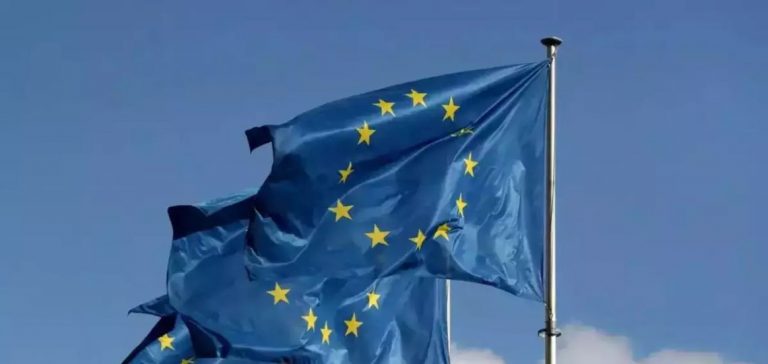The European Union is revising its strategy for hydrogen projects to reduce dependency on Chinese components. The hydrogen technology market is becoming increasingly strategic as part of the continent’s decarbonation ambitions. However, the high presence of Chinese components, especially electrolyzers, poses risks to the security of the supply chain. The new rules imposed by the European Hydrogen Bank now limit the share of components from China to 25% of the total capacity of the supported projects, a strict threshold designed to encourage European production.
These new requirements are partly motivated by previous EU auctions, where several winning projects relied heavily on low-cost Chinese technology. This situation has raised concerns among European industrial players, who fear a loss of technological control similar to that observed in the solar panel sector, where China now dominates the global market.
The framework of the Net-Zero Industry Act
The component restrictions are part of the Net-Zero Industry Act, a set of measures aimed at strengthening the EU’s industrial sovereignty and securing its supply of clean technologies. The goal is to support the local production of electrolyzers while encouraging investments in new production capacities on the continent. These measures come at a time when China already controls more than 50% of the global electrolyzer production, a competitive advantage that could threaten Europe’s autonomy in its energy transition ambitions.
The new rules also include non-financial criteria for projects, such as cybersecurity and emission requirements, to favor European companies. This legislative framework aligns with other industry protection initiatives, such as recent investigations into Chinese electric vehicles and potential tariffs to protect the local market.
Risks to project competitiveness
While the EU hopes to strengthen its supply chain resilience, these new rules could also complicate the development of some projects. Chinese components, often less expensive than their European counterparts, currently maintain the profitability of many installations. The new restrictions could lead to higher costs, making some projects less competitive in the global market and potentially slowing the adoption of hydrogen as a key energy solution for decarbonation.
Jorgo Chatzimarkakis, CEO of Hydrogen Europe, has expressed concerns about the administrative complexity that could accompany these new measures. Simplifying procedures is considered essential to avoid discouraging investors and project developers. The European Commission, under the leadership of Ursula von der Leyen, is committed to reducing these administrative hurdles to facilitate the deployment of technologies under the Green Deal.
A major geopolitical issue
The revision of auction rules comes as EU-China trade tensions are escalating. In response to European restrictions, Beijing could adopt retaliatory measures, further complicating bilateral relations in other strategic sectors. At the same time, the United States is following a similar path with its Inflation Reduction Act, which also favors local production of clean technologies to reduce foreign dependence. This dynamic creates a global competition to attract investments in local supply chains.
For the EU, the central question is whether these new rules will successfully boost European electrolyzer production without slowing down its decarbonation projects. The next auction round, scheduled for December 3, 2024, will be a key moment to evaluate the effectiveness of this strategy and determine whether the EU can maintain its leadership ambition in the hydrogen technology sector while reducing its dependence on China.






















